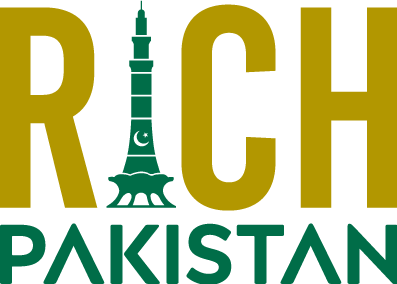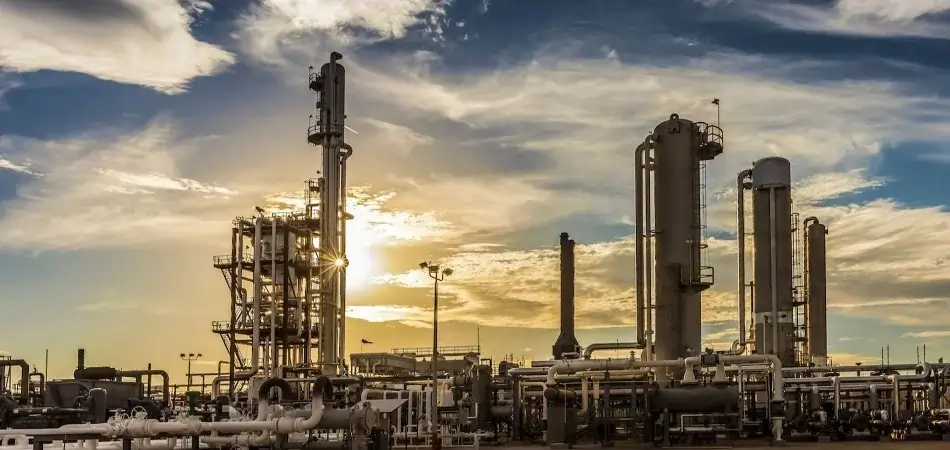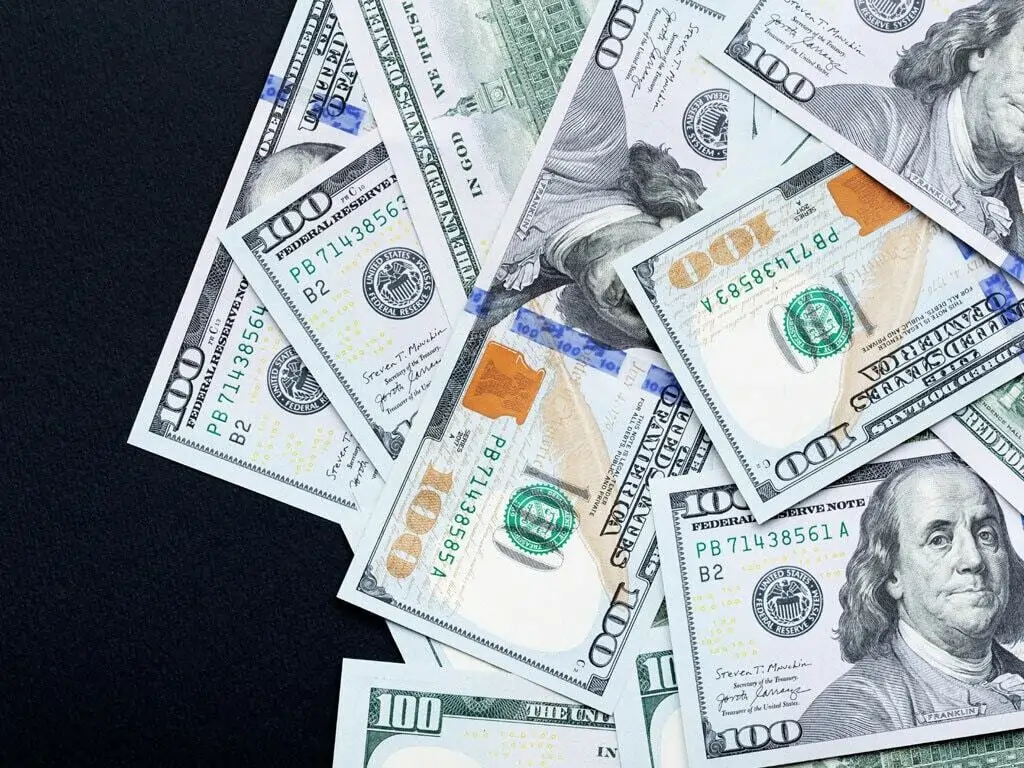Despite global demand, lack of investment in processing, rebranding of pink salt has diminished prospects of earning foreign exchange.
MUHAMMAD ILYAS LAHORE: Even though India’s ban on Pakistani pink salt has opened up new opportunities for local trad-ers in other international markets, the true potential of the profitable sector remains untapped since Pakistan, till date, has not been able to develop a value-adding sys-tem for processing and rebrand ing what many consider to be the world’s healthiest salt
A local salt exporter, Muhammad Riaz, revealed that even in the past, governments were advised to export Pakistan’s unique salt with value addi-tion, but none took serious steps while India continued to market Pakistani salt as its own across global markets.
“Indian traders are currently ob-taining salt through Duhai. During the tenure of Prime Minister Shaukat Aziz, a proposal had been made for Pakistan to export salt directly to other countries rather than allowing India to benefit from it. Presently, Pakistani salt exporters are again emphasizing that salt should not be exported as a raw material but instead should be processed and branded, enabling Pakistan to boost exports and earn valuable foreign ex change, noted Riaz.
Sources indicate that the ongo-ing political tensions between Pakistan and India have severely
affected trade, pushing traders on both sides to adopt new strategies. From November 2023 to October 2024, Pakistan remained a major exporter of pink salt,
During this period, 3,789 ship-ments of Himalayan salt were exported, mazking a 10 percent increase compared to the previous year, In 2023, India had imported 462 metric tons of Himalayan pink salt from Pakistan, which increased to 642 metric tons in 2024. However, these numbers are still significantly lower compared to 2018 (74,457 met ric tons) and 2019 (72,631 metric tons).
From Nov 2023 to Oct 2024, Pakistan exported 3,789 shipments of Himalayan pink salt
After India imposed a direct ban on the import of Pakistani salt in 2019, trade was completely halted, As a re sult, India lost access to the inexpen sive pink salt it used to source from Pakistan. However, Indian traders continue to import this salt through other countries, rebrand it, and sell it under their own labels. Although the volume of trade has decreased, indirect exports of Pakistani salt to India are still ongoing. For years, India earned substantial profits by purchasing this salt at low prices and selling it for much more.
Previously, India used to receive cheap salt via the Wagah land route, but now it has to pay significantly more to acquire it. Since the com-plete suspension of trade through Wagah following the Pahalgam Incident, relations between the two countries have become increasingly strained, In the meantime, Indian traders have started importing Pakistani pink sak via third coun-tries. In this way, Indian companies are continuing to trade Pakistani salt through indirect means and eaming profits through value addition, After the Pulwama attack in 2019, India imposed a 200 per cent tariff on Pakistani goods, which drasti cally reduced trade.
As a result, exports of Pakistani pink salt to India became negligible. In 2025, a complete ban was enforced on salt trade, and now it is expected that even indirect trade through third countries may come to a halt, Due to the halt in the import of Pakistani Himalayan pink salt, local prices in India have surged.
Salt that was previously sold for 45 to go Indian rupees per kilogram is now priced at up to 150 Indian ru pees per kilogram. Hence, India is now looking towards countries like the United Arab Emirates, Malaysia, Iran, Australia, and Afghanistan to meet its salt requirements,
In the meanwhile, during the first five months of 2025, Pakistan’s salt exports to China increased by 38 per cent. Exporters say that in Punjab, the Mines and Minerals Department is actively extracting salt from mines, and sait reserves have been leased to the private sec-tor. This has enabled private com panies to play a more active role in increasing exports.
“The government needs to stop the export of raw salt entirely and focus on value-added products,” Implored Riaz.
Former Asset Recovery Unit (ARU) chief and ex-special assistant to the prime min-ister on accountability, Shehzad Akbar, has been identified as a central figure in the ongoing £190 million reference case, investigative sources said on Saturday.
According to sources, Akbar acted as the mas termind behind an illegal scheme that caused signifi cant financial losses to the country.
As part of the investiga tion, it was revealed that Akbar signed a deed of con fidentiality on November 6 2019, ahead of the for mal approval of the ARU’s restructuring and a key cabinet meeting, a move in vestigators cite as evidence of bad faith,
According to the findings, the £190 million, part of a civil settlement with the UK’s National Crime Agency (NCA), was diverted to a “designated account” in the name of the registrar of the Supreme Court.
The amount was originally held in the responsibility account of a major private housing society in Karachi.
The agreement was also signed by co-accused Ziaul Mustafa Naseem, Investigators stated the funds were falsely portrayed as being transferred to an official account of the State of Pakistan, while in reality, they were redirected to ben-efit a private entity.










